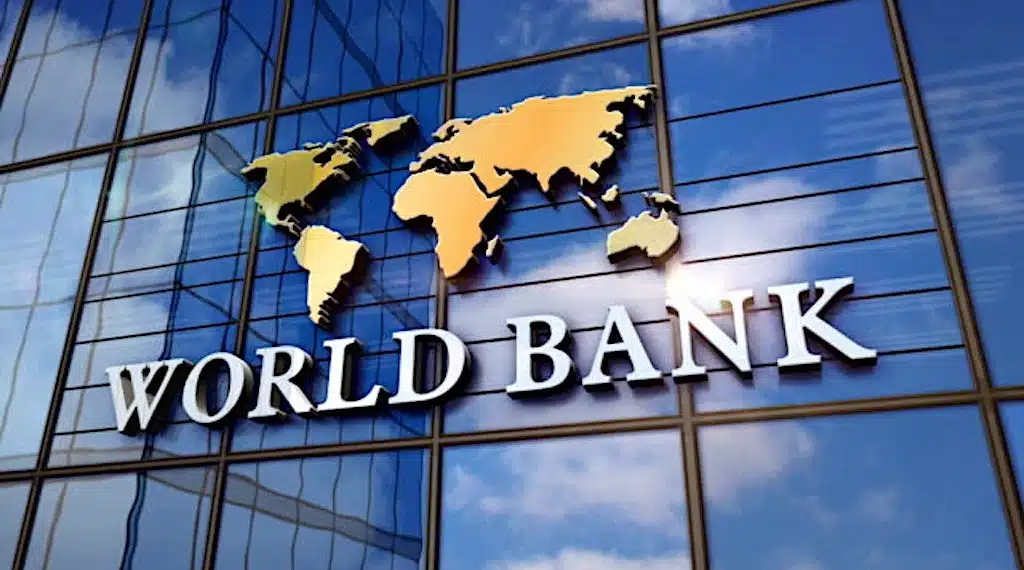The Central Bank of Nigeria (CBN) has warned that banks restricting customers from withdrawing up to ₦20,000 per Automated Teller Machine (ATM) transaction, despite having sufficient funds, will face sanctions.
This directive alongside other ATM transaction reforms detailed in a CBN circular dated February 10, 2025 are set to take effect from March 1, 2025.
In a document published on Thursday via X, the CBN said, “The fees are based on banks allowing customers to withdraw up to ₦20,000 per transaction.
Any bank that compels a customer with sufficient funds in her account to withdraw less than ₦20,000 per transaction against the customer’s desire for a higher sum would be contravening this regulation’s spirit and sanctioned appropriately.”
Under the revised ATM fee structure, withdrawals from a customer’s own bank ATMs will remain free, while using another bank’s ATM (Not-On-Us transactions) will attract a charge of ₦100 per ₦20,000 withdrawal.
For off-site ATMs—those located outside bank premises, such as in malls or fuel stations—an additional surcharge of up to ₦500 may apply.
However, this additional fee may be lower depending on the bank’s “cost structure and business drive”
In a bid to discourage fragmented withdrawals aimed at bypassing charges, the apex bank noted that customers withdrawing less than ₦20,000 from another bank’s ATM will still be charged the ₦100 fee.
Additionally, the CBN reiterated that the previous provision allowing three free interbank ATM withdrawals per month has been scrapped.
Meanwhile, for withdrawals outside Nigeria, “banks will apply a cost recovery fee, meaning the exact charge imposed by the international ATM acquirer will be passed on to the customer.”
Beyond setting limits, the CBN has reinforced strict consumer protection measures, making it clear that banks cannot impose fees beyond those prescribed.
Customers are encouraged to report non-compliance, especially cases where they are restricted from withdrawing up to ₦20,000 per transaction, directly to the CBN Consumer Protection Department
With this policy, the CBN aims to ensure fair access to banking services while holding financial institutions accountable for compliance with regulatory standards.






